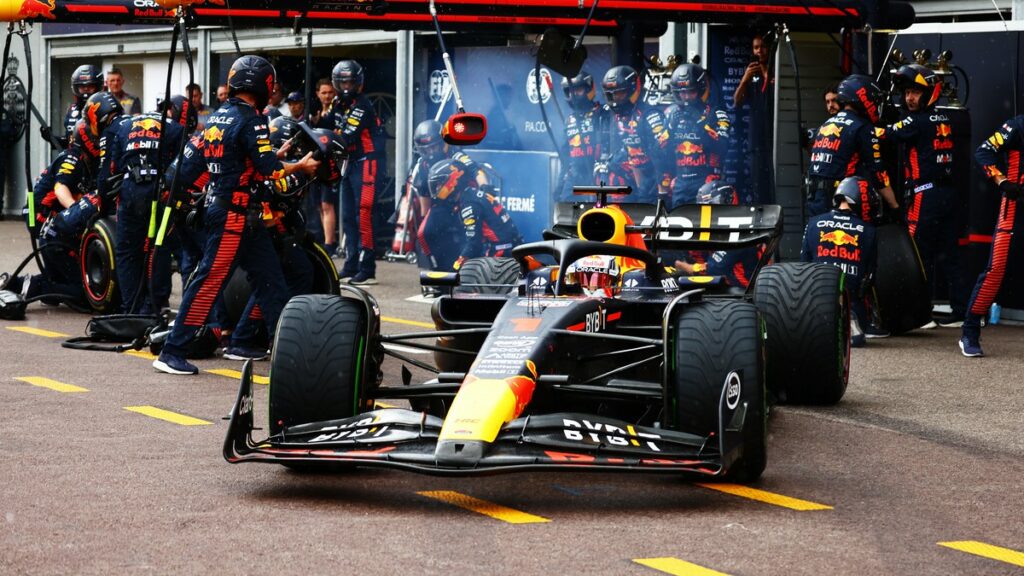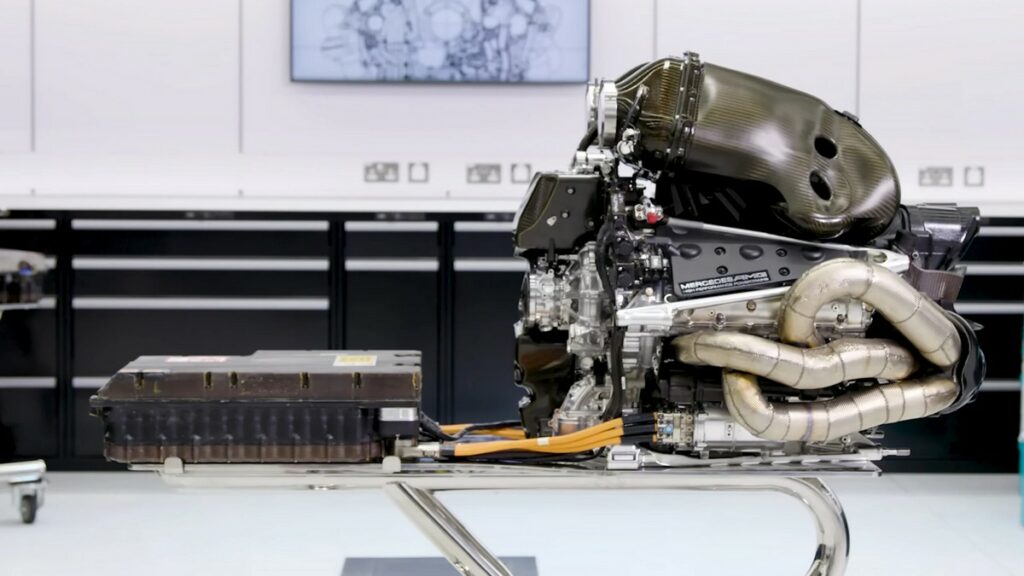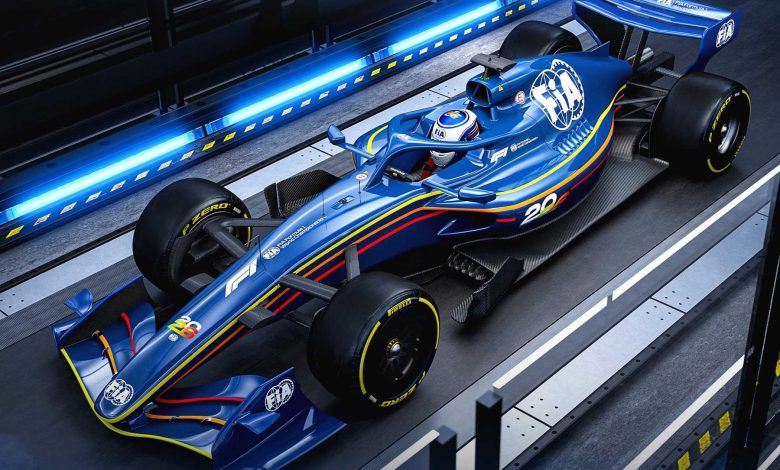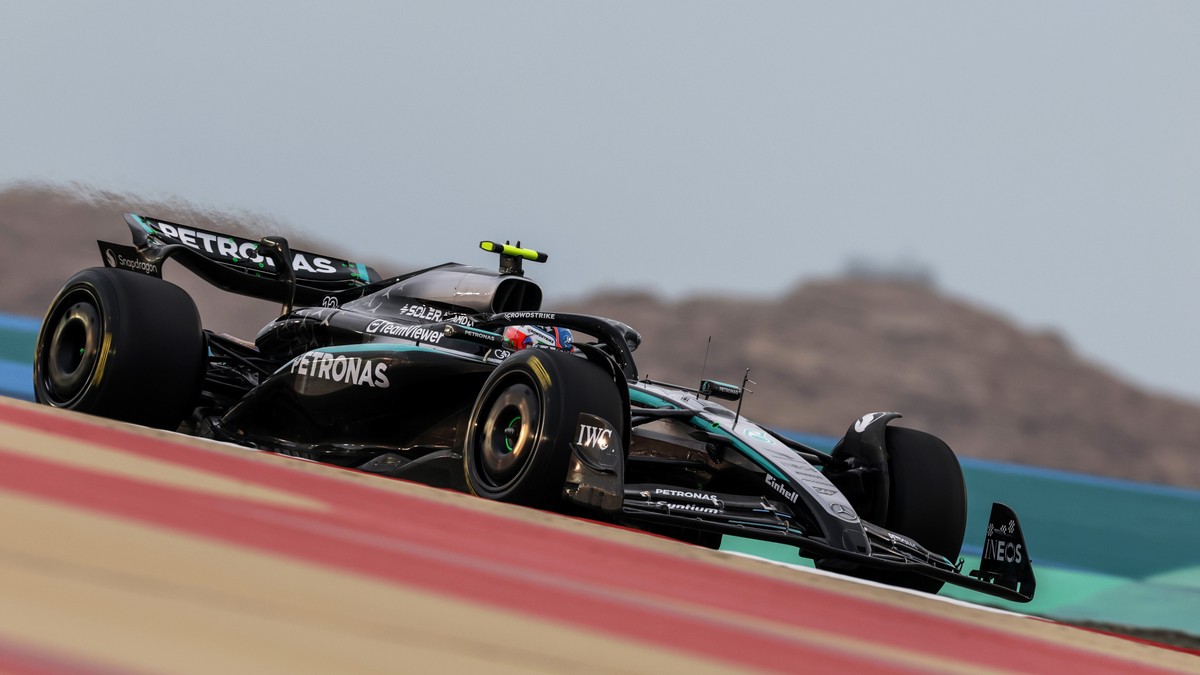The F1 Technical Regulations will not undergo changes for 2026, but the question mark remains for future Power Units. The F1 Commission met at the FIA headquarters in Geneva to discuss a wide range of topics related to both the current season and the new technical cycle expected for 2026. Most members attended the meeting in person, while some connected remotely. At the center of attention, on one hand, operational regulatory updates for 2025; on the other, a heated discussion on 2026 power unit management, still without a definitive decision.
Sporting Regulations, Changes for 2025
On the immediate front, the Commission has approved some changes to the sporting regulations that will come into effect in the current season or in 2025. Among these, the introduction of the mandatory two-stop strategy at the Monaco Grand Prix stands out, a measure designed to make the Principality race more dynamic from a strategic point of view, limiting races blocked by a single stop.
Another point addressed concerns extreme weather conditions – as seen in appointments in Bahrain and Saudi Arabia, or as they will also be in Singapore, known for its formidable humidity – particularly the use of cooling vests in pre-race. If a driver chooses not to use it, a specific procedure will be activated to avoid violations of the parc fermé regime.

The Commission has also taken measures to address potential logistics delays in fly-away weekends, as happened recently before the Chinese Grand Prix. Rules will be introduced that allow managing exceptional situations while ensuring fairness between teams.
Finally, the problem that emerged during the recent Japanese Grand Prix was discussed, where sparks from the car floors caused small fires in the grass at the sides of the track. To prevent similar episodes, the use of a skid plate made of steel instead of titanium will be evaluated, as well as specific treatments for the grassy areas of some circuits.
F1 2026 Technical Regulations: Power Unit Issue Remains Open, Mercedes Opposes Changes
The most anticipated topic of the meeting concerned the management of the power unit planned for 2026. The FIA presented a proposal to modify the currently in force regulations, which provide for a . According to the proposal put forward by the Federation’s technical department, the aim would be to reduce the power delivered by the battery from 350 kW to 200 kW, shifting the balance in favor of the internal combustion engine, in a 65/35 ratio.

The modification stems from the desire to make 2026 cars more manageable in races, correcting potential technical issues related to excessive dependence on the electric component. The idea has received , but has been , which has always been against any modification of already approved regulations. The German manufacturer has reiterated that only concrete evidence of technical or sporting problems could justify a change of course.
The FIA, in an official statement, explained that “the Commission discussed in principle improvements to the energy management strategy for the 2026 season, as well as measures to address the financial issues that power unit manufacturers might encounter in case of poor performance or significant reliability problems”.

Among the measures under study is also the possibility of granting additional dyno testing hours to manufacturers who demonstrate difficulties in terms of performance or reliability, accompanying such tests with a supplementary budget.
Despite the extensive discussion, no definitive decision was taken. The topic will be subject to further analysis by the FIA technical committees, which will continue their work in the coming weeks.
